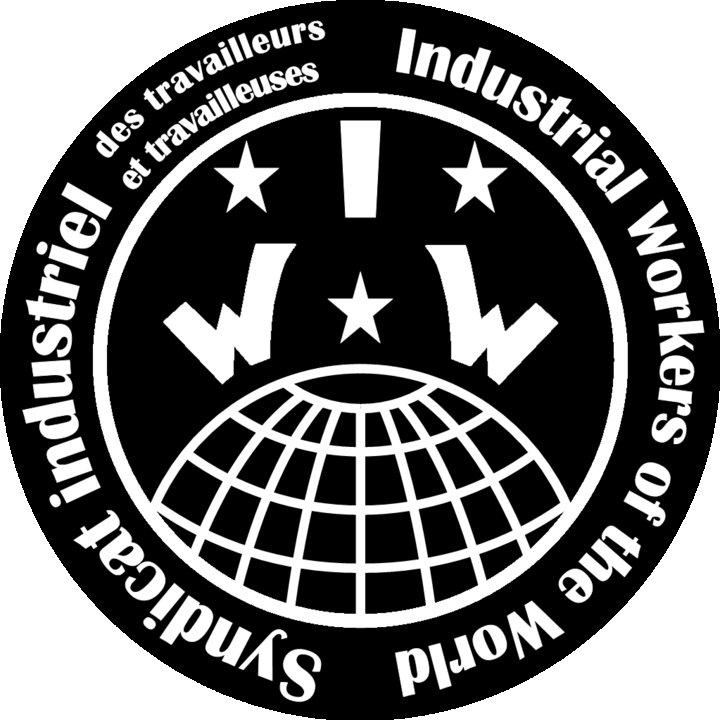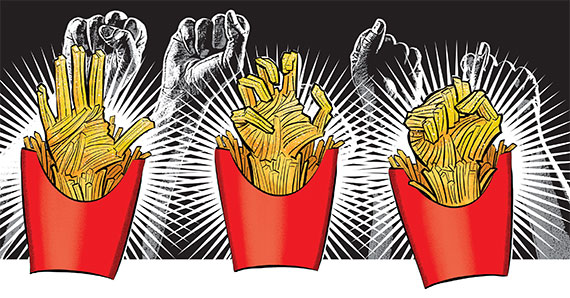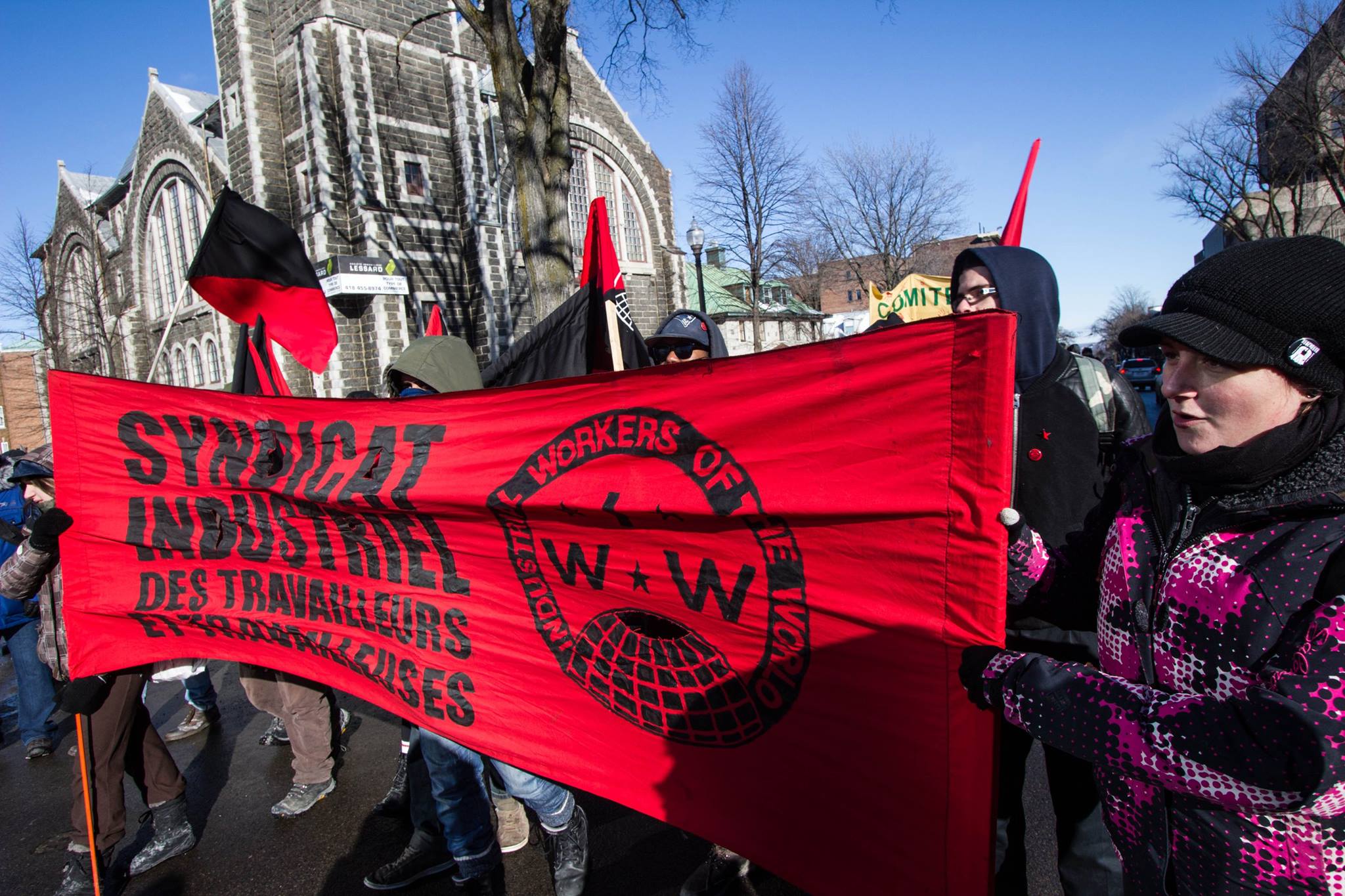For the 15-5-7, not inevitable, we must organize and fight!
While it goes without saying that the movement for 15$ /h Quebec has not yet reached the stage of mobilization and visibility which was granted in the past year, he still managed to register as an integral part of the strategy of several community groups and union.
With his forum 15-5-7 organized in February, the Montreal local of the ISTC-IWW put his hands dirty by combining a hundred people goshawks of the speakers from various backgrounds. The 15 april 2016 marches were held in many Canadian cities. Taking this opportunity, Coalition met in February is called into action and regrouped at Jean-Talon metro to scroll the Plaza St. Hubert. Today, Quebec twenty unions, political and community support for the fight 15$ /h. We will take a few lines below to warmly greet some struggles led the field, either those of the orderlies, Union of employé.es Old Ports and McGill salarié.es.
The préposé.es to bENEFICIARIES whoident including health care, Mobility, to food and to the accompaniment of the sick or with disabilities (for example, in situations of aging and / or disability) earn on average 12,50$. The préposé.es are engagé.es by state, but also by private agencies and savings companies. The fight for increased floor salari ale conducted by various union offices began there more than three years, but Pmakes an unprecedented scale, especially on the side of SQEES-FTQ is in renewal collective agreement. Since last fall, they and they took the opportunity also to multiply the actions of visibility such demonstrations and leafleting. Having early adopt a strike mandate affecting over 3000 members, the 10, 30 and 31 Last May were 42, then 38 private residences for seniors who were paralyzed. Or, it was no where a warning from the union. Warning that the government would had to listen, since an indefinite strike will occur at the 21 June in thirty residences.
ale conducted by various union offices began there more than three years, but Pmakes an unprecedented scale, especially on the side of SQEES-FTQ is in renewal collective agreement. Since last fall, they and they took the opportunity also to multiply the actions of visibility such demonstrations and leafleting. Having early adopt a strike mandate affecting over 3000 members, the 10, 30 and 31 Last May were 42, then 38 private residences for seniors who were paralyzed. Or, it was no where a warning from the union. Warning that the government would had to listen, since an indefinite strike will occur at the 21 June in thirty residences.
On their side, the 300 Union members employé.es society of the Old Port (AFPC) are collective agreement renewal process since March 2016, but fighting for the $ 15 / hr since last fall. A petition was first launched their workplaces, followed by distribution of leaflets and pamphlets emphasizing the historical precedent and solidarity. The executive believes it has successfully reached 80% members and organized the action flash 28 January at an open day organized by their employers. The 27 May 1 strike was declared exerting economic pressure on their employers as the surrounding shops. from the very beginning, the Union of the company's employees from the Old Port is present in almost all events for $ 15 / hour, putting together at the forefront of their strategy.
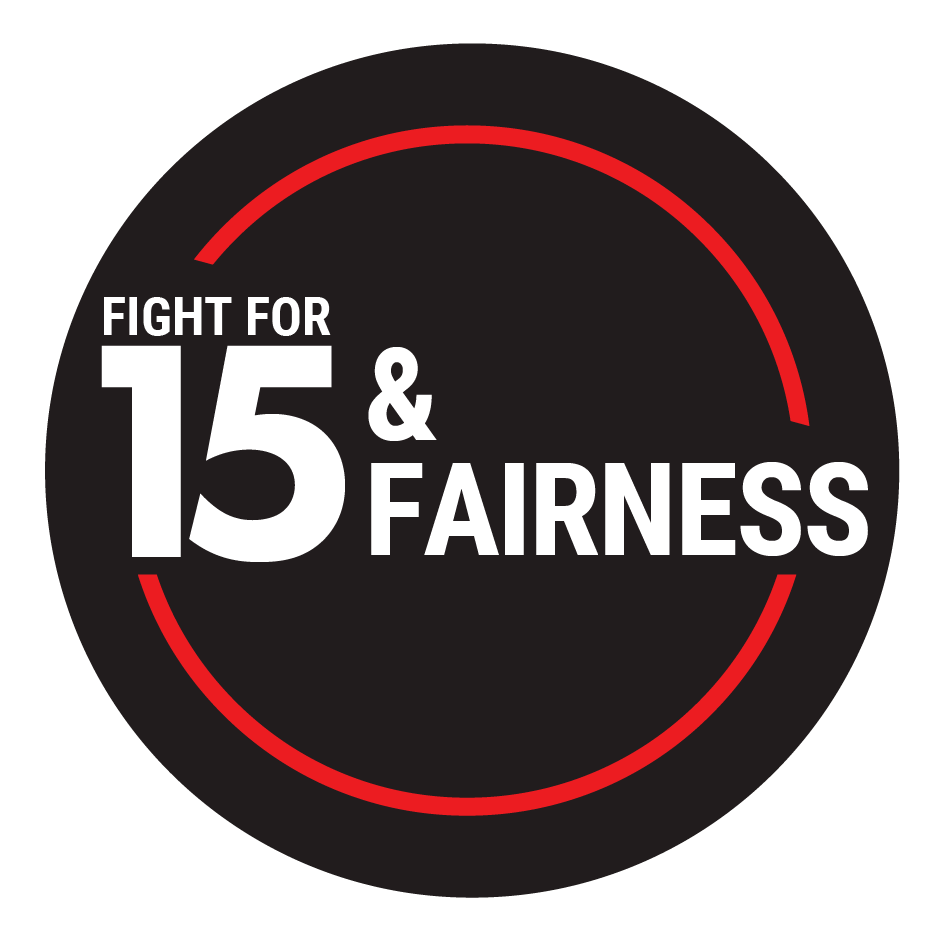 Finally, it is under the banner of 15$ and fairness Mcgill eight Associatiounion ns, students and district gathered at the beginning of the year 2016 for wages and decent living conditions for salarié.es and subcontractors McGill. Although their first official action was to participate in the demonstration on 15 april, the militant.es chained several actions : a panel, an orientation day and video capsules to disseminate information.
Finally, it is under the banner of 15$ and fairness Mcgill eight Associatiounion ns, students and district gathered at the beginning of the year 2016 for wages and decent living conditions for salarié.es and subcontractors McGill. Although their first official action was to participate in the demonstration on 15 april, the militant.es chained several actions : a panel, an orientation day and video capsules to disseminate information.
These are just a few of many examples showing that for $ 15 / hour, 5 weeks off and 7 sick days, we can not let go to fatality, we must organize and fight!



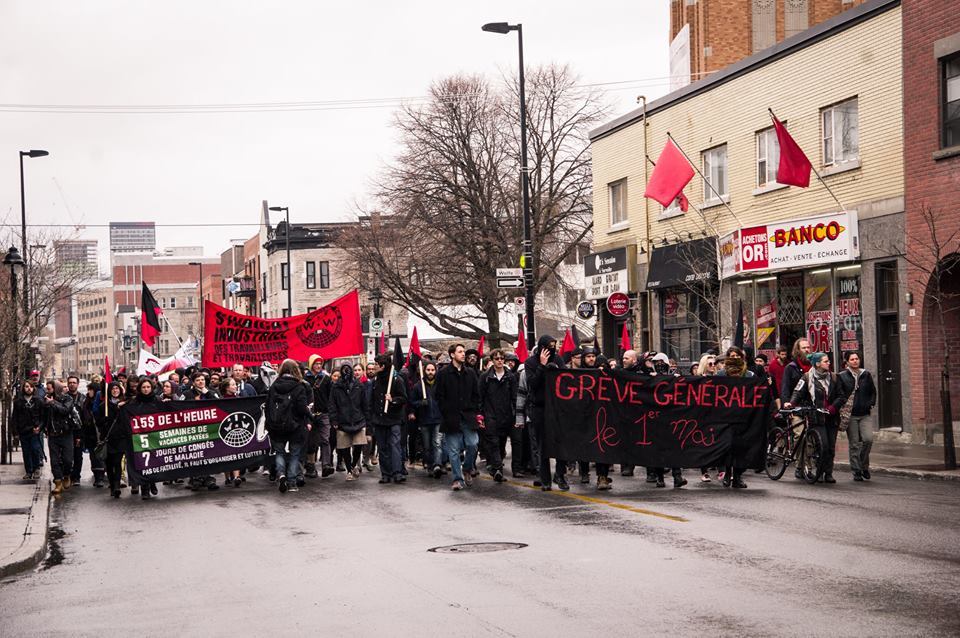
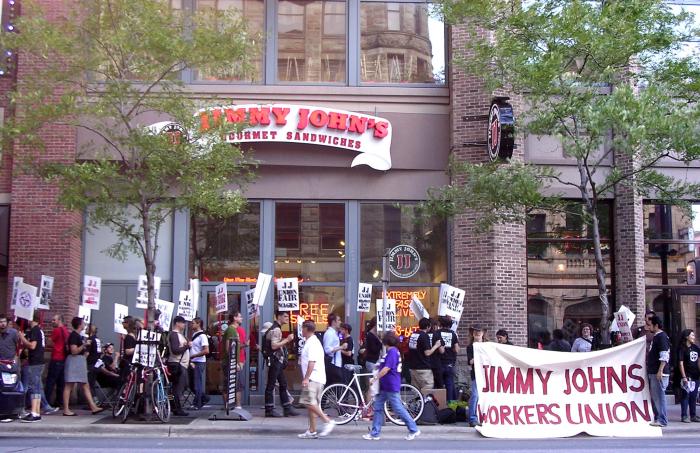
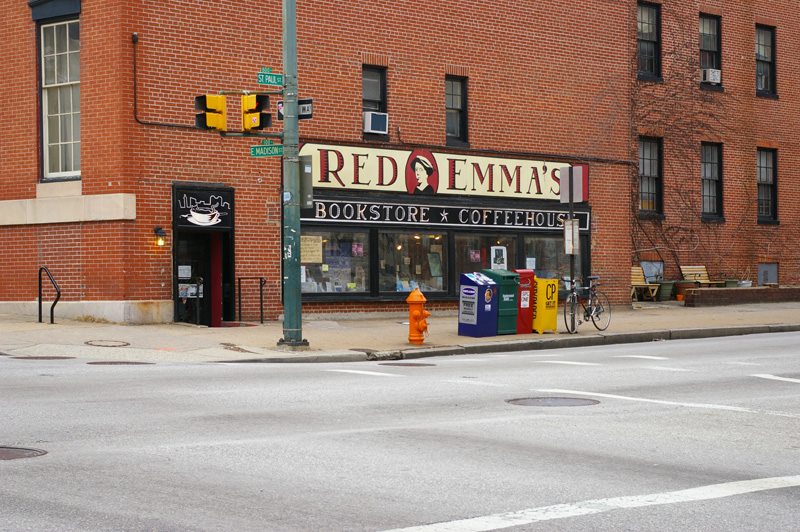

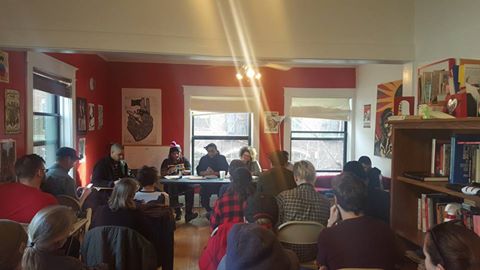 ar Clarck, also murdered by the Minneapolis police. The next day the CDG, the IWW African People's Caucus and members of the Minneapolis branch come together for a day of discussing and training, especially about the & rsquo; increased police violence.
ar Clarck, also murdered by the Minneapolis police. The next day the CDG, the IWW African People's Caucus and members of the Minneapolis branch come together for a day of discussing and training, especially about the & rsquo; increased police violence.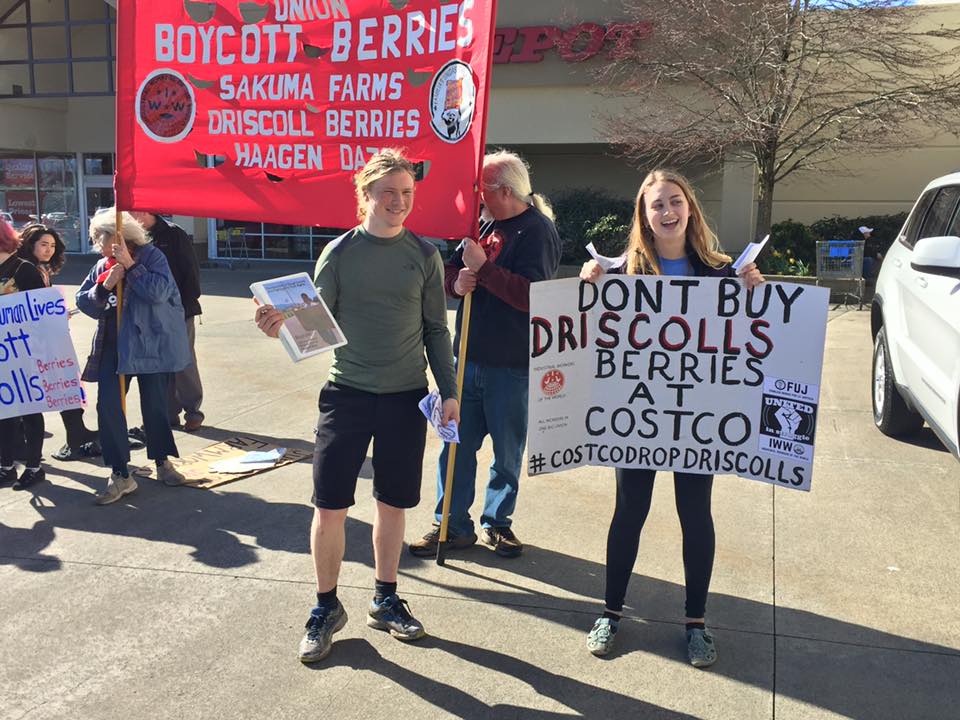
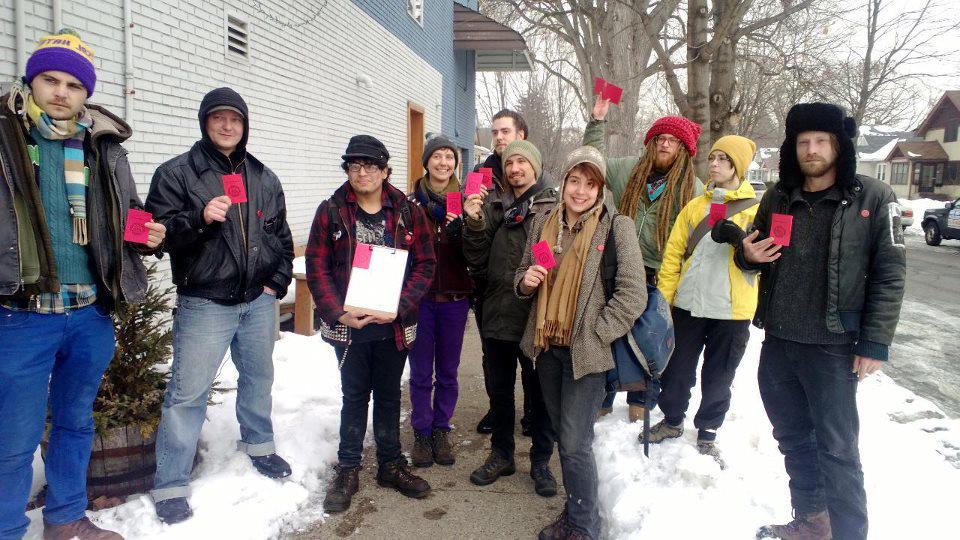
 But remember that their game is not the only one there. This is not the only way to, the only solution to our problems com
But remember that their game is not the only one there. This is not the only way to, the only solution to our problems com